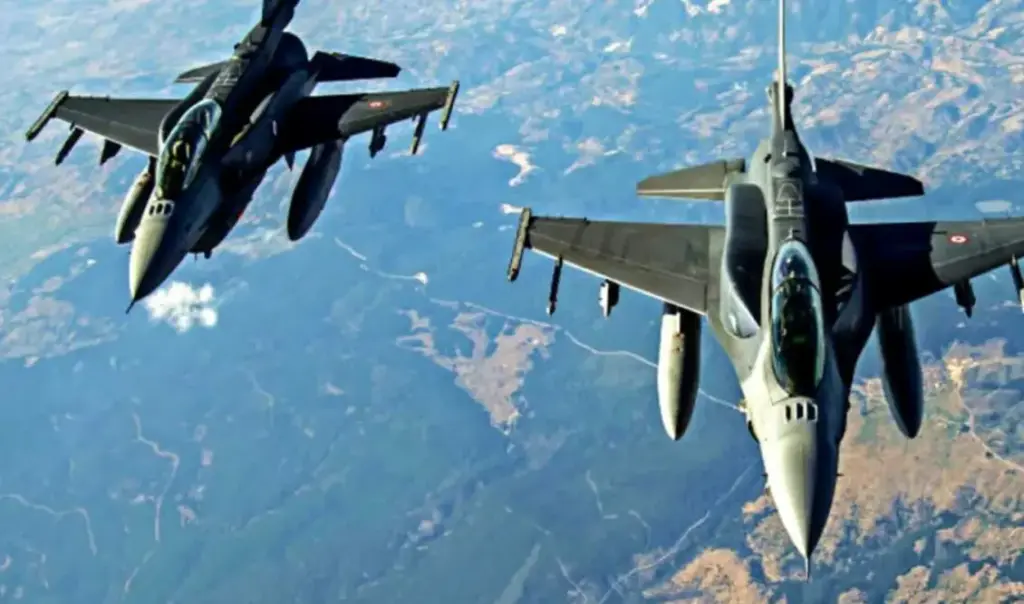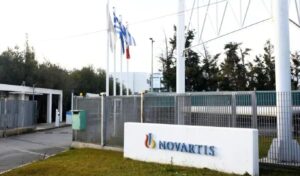In Turkey, there is intense concern regarding the modernization of its aging military aircraft, as the country observes shifts in the air power balance in the Eastern Mediterranean and the Aegean. According to a report by Vaso Delimirou in the “Apogeumatini” newspaper, a Turkish think tank report comments on Greece’s strengthening with F-16 Viper and Rafale aircraft, combined with Israeli F-35s – developments that are causing anxiety on the Turkish side. Ankara seeks to counter the advantage gained by Athens and Tel Aviv through the acquisition of Eurofighter Typhoon aircraft and the development of its own fighter jet, KAAN
Read more: Turkey: Likely to request changes to F-16 agreement, Ankara reports CNN Turk
Ankara’s concern over Greek and Israeli air superiority – worries about the country’s outdated fighter jets
One of Turkey’s most prominent and pro-government think tanks, SETA, presents a particularly concerning picture of the Turkish Air Force’s capabilities in its classified report, addressing clear warnings to the country’s political and military leadership. Specifically, it emphasizes that Turkey “must develop adequate quantitative and qualitative capabilities in air, air defense, and space” to be able to simultaneously confront “two threats with external support,” explicitly referring to Greece and Israel.
Turkish think tank assessment of the country’s air force
According to the Turkish think tank’s analysis, the backbone of the Turkish Air Force, the F-16 fleet operating since the 1980s, is approaching the end of its operational life. It notes that Turkey “cannot rely on obsolete systems when called upon to face adversaries with fifth-generation fighters and multi-layered, integrated air defense networks.” In this context, the need for immediate procurement of modern fighters is emphasized, as well as continuous investments in domestic defense programs to ensure the country’s deterrent capability and strategic autonomy.
Turkish report highlights strategic advantage of Greece and Israel – plan for Ankara’s reintegration into F-35 program
Particular emphasis in the report is placed on Ankara’s potential reintegration into the F-35 program, which, according to the Turkish think tank, could offer Turkey a significant qualitative advantage. At the same time, it underscores how Greece and Israel, with Western allies’ support and access to advanced military systems, have created a strategic advantage capable of threatening critical Turkish security interests.
Special reference is made to Israeli air capabilities, combining F-15I and F-35I Adir fighters, with more than 36 already in operational readiness. Regarding Greece, the report highlights the modernization of the F-16 fleet according to the Viper standard, as well as strengthening the country’s strategic ties with France and the US. Notable, however, is the fact that there is no reference to the integration of Rafale fighters into the Air Force, despite their substantial contribution to increasing Athens’ air power against Ankara.
SETA: Turkey must assemble fleet of 500 fighters to confront Greece and Israel
The SETA report concludes that Greece and Israel leveraged Western alliances to create air forces with strong power projection capabilities, while emphasizing the need for Turkey to prepare to face them in a demanding strategic environment. The basic operational goal is set as assembling a fleet capable of simultaneous operations on multiple fronts, with a minimum availability threshold of 500 fighters in full operational readiness.




